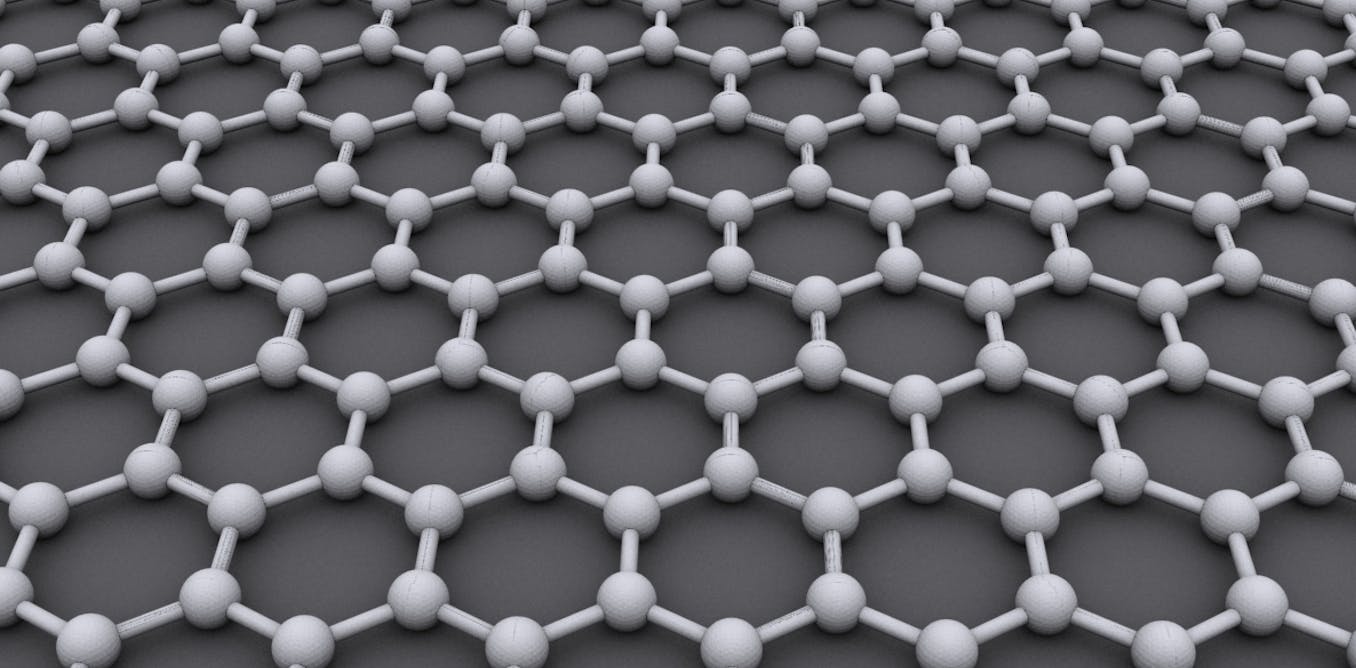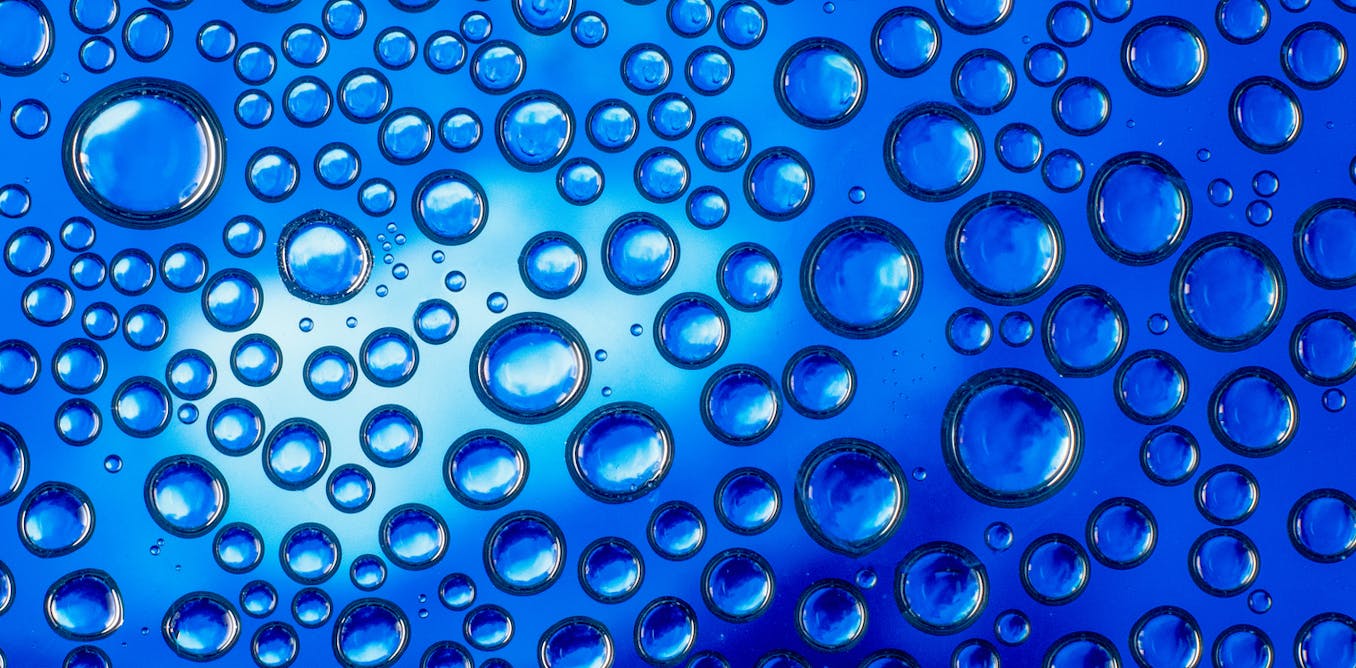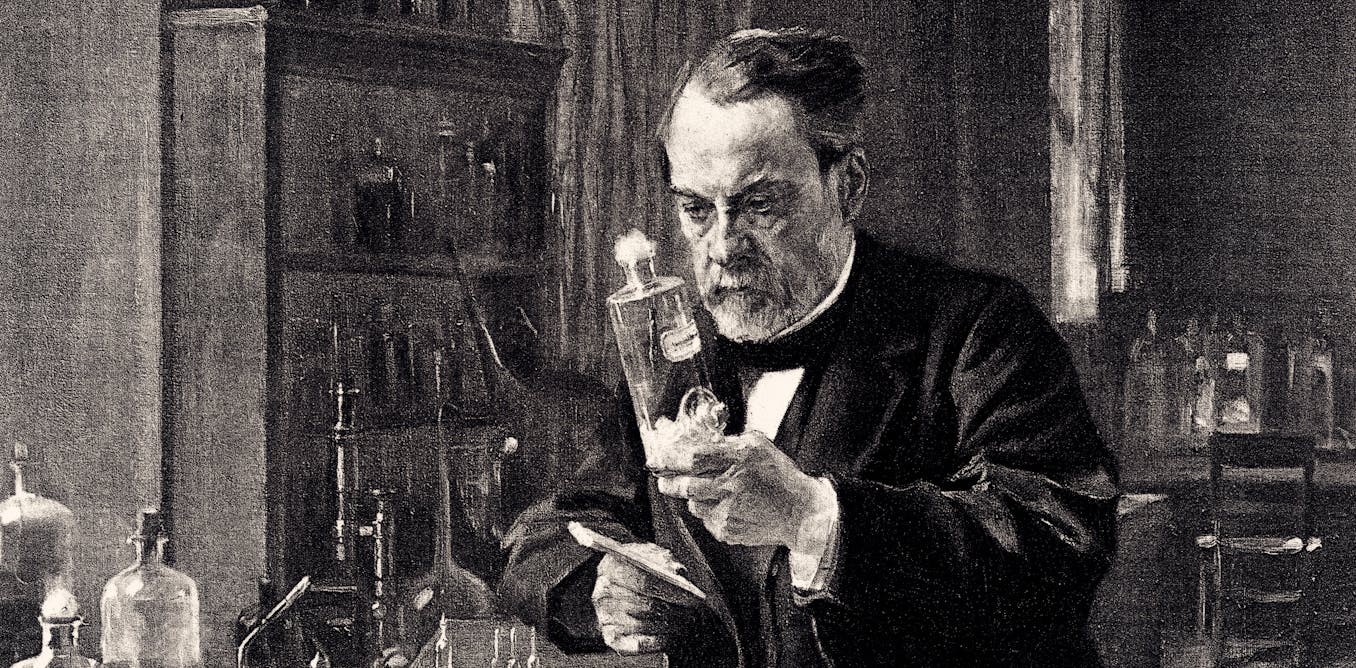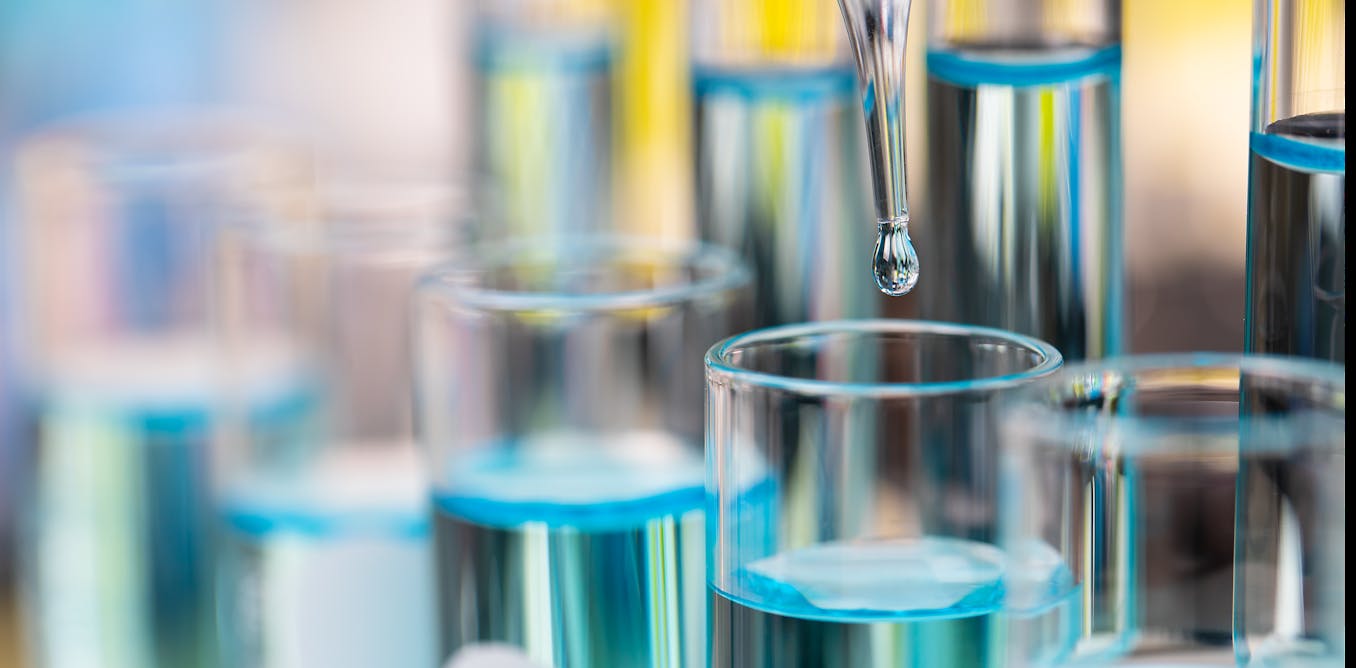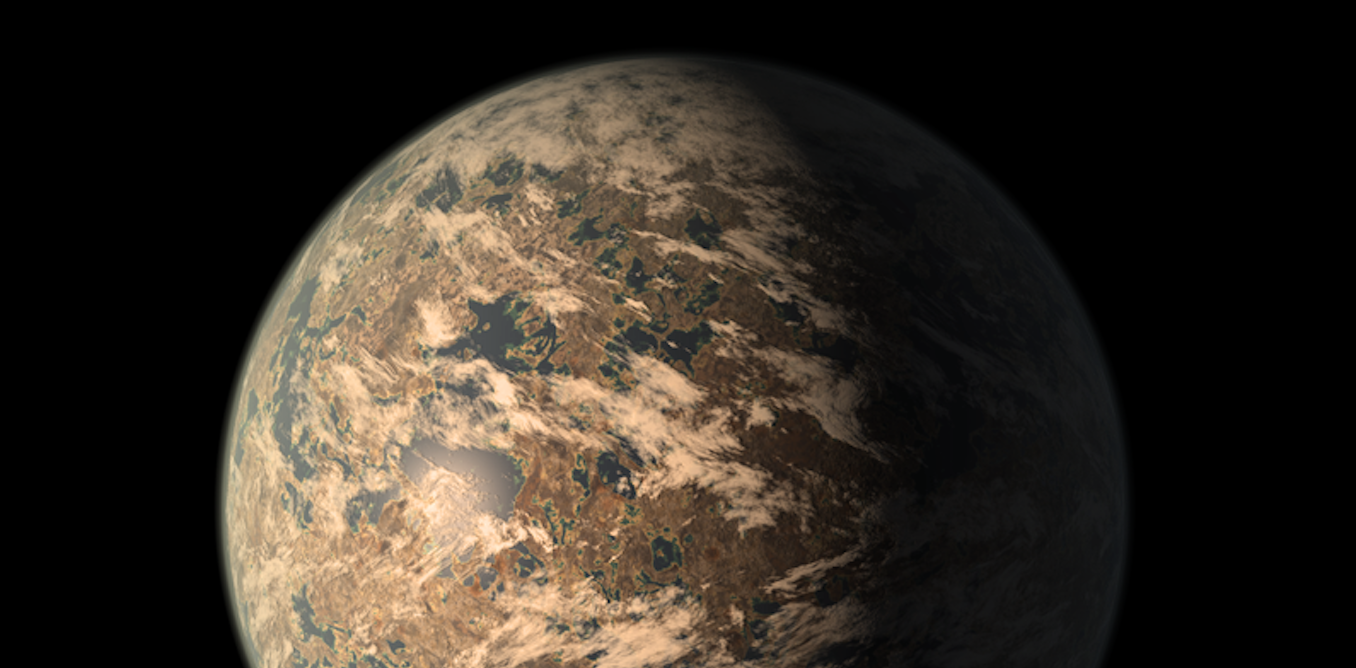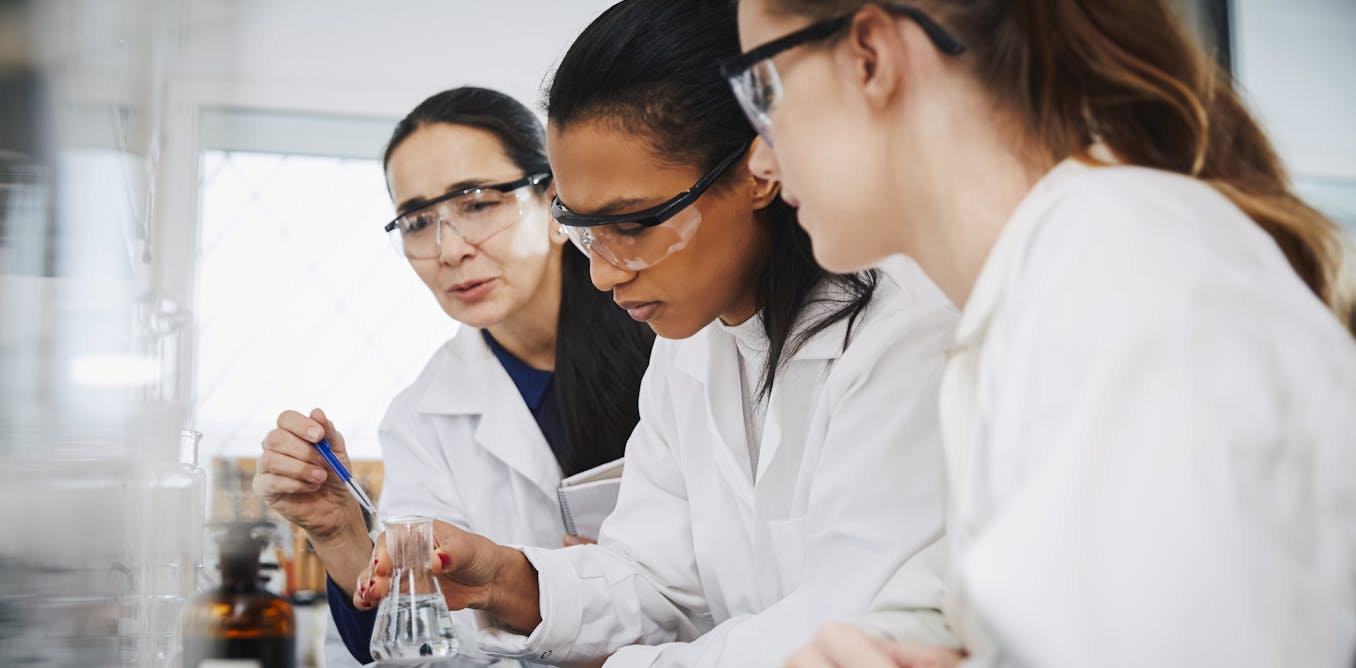Graphene is a proven supermaterial, but manufacturing the versatile form of carbon at usable scales remains a challenge
Graphene is superstrong and superconductive, and it has applications in everything from construction to electronics. But to date there have been almost no commercial uses of the material.
Nov. 29, 2022 • ~9 min

